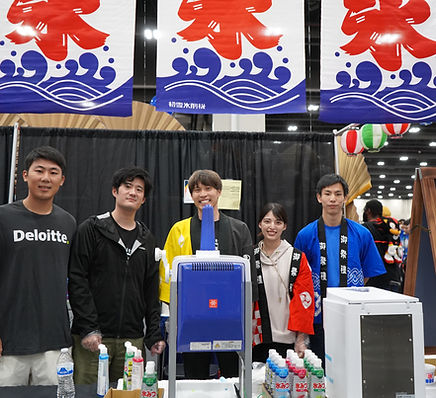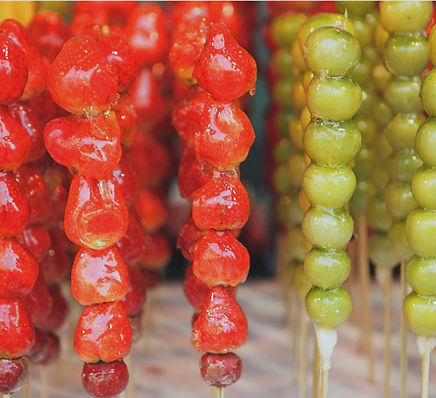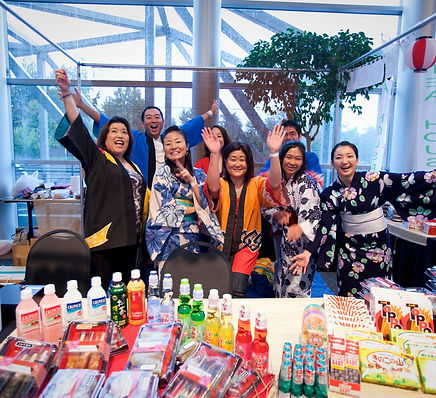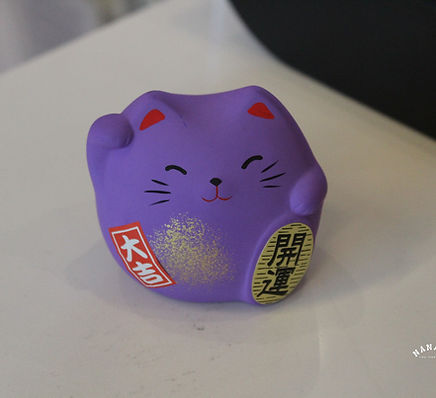top of page

Ginza Street
At Ginza Street, visitors can enjoy the atmosphere of Natsumatsuri, the traditional Japanese summer festival with authentic games, gifts and toy shops, Mizuame, and festival snacks.
Finding Japan in Every Corner

Ginza Street is Brought to You by:
Japanese Chamber of Commerce of Georgia (JCCG)
JapanFest thanks all the volunteers from the Japanese Chamber of Commerce of Georgia member companies.
Learn more about JCCG or become a member of JCCG

Ginza Street Activities
*Subject to change

Omikuji - Japanese Fortune Slip
Test your luck with Omikuji!
Omikuji is a paper slip with the result of fortune-telling written on it. Many Japanese shrines and temples offer this omikuji to tell your fortune and give you advice on how to improve your life in the future.
If your Omikuji tells you that your fortune is not so good, tie it to the tree. By tying the fortune to the tree, you are leaving your bad luck there rather than having it follow you home.

Wanage - Ring Toss
Wanage is a popular festival activity, known for its fun but difficult challenge. Players aim to toss rings over objects, typically receiving 3-5 chances.
Challenge a friend and see who can score the most points!
_edited.jpg)
Kingyo Sukui - Goldfish Scooping Game
Kingyo-sukui is a traditional Japanese game in which a player scoops goldfish with a paper scooper called a "poi." The players place the scooped fish into a bowl with the poi. The game is over when the poi is completely broken or incapable of scooping properly. At JapanFest, you catch a plastic toy gold fish.

Kakigori - Japanese Shaved Ice
Kakigori is a Japanese shaved ice dessert flavored with syrup and a sweetener, often condensed milk. It is similar to a snow cone but with some notable differences: it has a much smoother, fluffier ice consistency, much like freshly fallen snow, and a spoon is almost always used to eat it.

Mizuame
Try mizuame, a popular candied treat at summer festivals and other celebrations.
Also known as "water candy", these fruits are dipped in a syrup called mizuame and dried. They're loved for their sweetness, glossy coating, and the way they're perfect for enjoying while walking around festivals.

Noto Reconstruction Support (Relief Fund)
The NOTO peninsula is famously known for its high quality lacquerware. Noto has been trying to recover from a major earthquake that hit, and we are selling the lacquerware that was able to be recovered and sending all proceeds and sales to help the peninsula recover.

Dagashi-ya
Embrace your inner child and dive into the world of our Dagashiya shop! It's a Japanese version of what we call a penny candy store in the US. It's brimming with brightly packaged sweets, snacks, and small Japanese toys. While the retro dagashiya is on the decline in Japan, you can still find them across the country when you visit Japan!
The history of the dagashiya goes way back to the Meiji era (1868-1912), but most Japanese people associate their popularity with the Showa era (1926-1989). These lovely little shops were often set up as one-room storefronts that were part of a residential dwelling. They were usually located near elementary schools, which was perfect for reaching their target clientele!

Wafu Komono - Traditional Japanese Gifts
Travel thousands of miles to Japan to get authentic Japanese gifts, or just come to Ginza Street in JapanFest!
bottom of page

.png)